What is Co-operatives and Rural Markets?
Co-operatives and Rural Markets is this one subject that has a very Indian ring to it, after all let Indians hear the word rural and we are reminded of the vast rural population we treasure in our country’s heart. Yes Co-operatives and rural markets is that subject of your Semester 4 which will give you a feeling of being closer to India than ever before.
I do not say this in a demeaning way whereby I point towards the fact that we are not a developed country, say this with a lot of warmth and affection to those vast lands under agriculture and cottage industries, all those people who toil day and night so that we get the food we eat. The simplicity of hearts and lives, those who happen to be the guardians of the traditions and culture we seem to have lost as we approached urbanization.
That group of people who are way more adaptable and growth oriented than we city sleeker are, they started gaining education through adult literacy programmes but the comfort with which they operate their mobile phones and latest farm equipment is commendable. They want to get ahead in life and so when the government brings to them new concepts and schemes for their betterment they willingly adapt.
People in cities have been living in a particular way since generations, they are used to the fast life and living by cutting corners, they are used to having all facilities provided by the municipal corporation and yet choose to live in places that are unhygienic and dirty.
Rural folk don’t have opportunities and amenities, they create them. They come together and ensure that there are sanitation facilities or clean water facilities available and once they do get them they learn to value these facilities and live a refined life.
This subject will take to the realities of an India we see only in 15 days of vacation and curse it every time we go there. It deals with the living reality of about 70% of our country’s population who have a T.V or a mobile phone just like you and me but do not have a school to send their children to.
They know how to do their farming and work the hardest but end up getting paid the least in return as they were naive enough not to know how to market their produce or sell it to the highest bidder.
It is a subject about developing India, changing India and how you as an individual can contribute to this changing nation!
Why do we have to Study Co-operatives and Rural Markets?
Like I mentioned above rural areas account for 70% of our population and this 70% is the major consumer of all goods and services today, especially the FMCG goods. For any company or corporate to grow and prosper in India their target consumer has shifted from the urban to the rural consumers.
These rural consumers are the target consumers because: 1. They are more in number, 2. They have a lot of purchasing power at hand, 3. They contribute about 70% to the GDP of the nation and so have a lot more of spending capacity, 4. They are growing and their markets are not saturated, 5. They are upgrading in terms of lifestyle and welcome a lot of new changes that the urban consumer shies away from.
These 5 very important factors in mind help us realize why all corporate’s are vying for the rural consumer and as someone who is soon to be employable it is necessary that we learn how to deal with this huge target market that has recently opened up.
Is it Difficult?
No Co-operatives and Rural Markets is a lot of theory at one go and has quite lengthy concepts and answers as well but it is not difficult to learn. The concepts are very Indian and very relatable to an Indian student. Also the jargon is simplified and has no complicated terminologies attached to it.
Do I need to Join a Coaching Class for this Subject?
No, joining a coaching class is not required. What is required to be able to understand this subject is regular attendance of lectures and asking your faculty a lot of doubts and difficulties as and when you come across them.
You will need to read a lot to be able to write good answers, refer to more than one textbook and learn the definitions and concepts well if you wish to score good marks in this subject.
Is it a Boring Subject?
Co-operatives and rural markets is a pure theory subject that has a lot of lengthy theories to learn up, especially in the cooperatives part so that part can be termed as a little boring, the remaining part about rural markets is quite interesting and can be fun to learn and write answers as well.
What is the Syllabus for the subject?
Unit I : The concept of the Co-Operation
This unit deals with the concept of cooperatives, their role, responsibilities and types of co-operates.
Unit II : Legislations Influencing Co-operatives
This unit deals with all the legal issues governing these cooperatives, the laws in their favor and against them. It also talks about the structure of the co-operatives and the roles and responsibilities of each member.
Unit III : Definition and Scope of Rural Markets
This unit deals with Rural markets. It tells us what are rural markets, how do they function and what is their scope. It also talks about the rural consumer and how can we get through to him as a marketer.
Unit IV : Agricultural Produce Marketing
This last unit of the subject talks about the core aspect of rural markets, the agricultural sector. The problems faced by farmers, how can these problems be tackled, what methods can be used to help them grow and market their products well is all discussed here.
You can know the detailed syllabus and reference books here!
How can I study Co-operatives and Rural Markets ?
“Co-operatives and Rural Markets is not a last minute subject and in order to pass you need to study it well in advance. The most important way to learn this subject is by attending lectures, only self study will confuse you,” says BMS Alumni Sheetal Yadav.
Attend lectures and after every lecture make sure you read through whatever was taught once you are home. Everyday take out an hour for this subject and start studying as per the units mentioned in your textbook.
Co-operatives will take up more time than rural markets so 15 days for cooperatives and 10 days for rural markets should be more than enough. Read the chapter and make your own notes, these notes can be the important/ black quoted points from your answers.
Spend an hour for a week to study for your Viva or internal exam, this subject has a lot of dates, laws, definitions and concepts to learn to the point. You can mug up if you are comfortable but make sure that in order to score good marks you learn all of these well.
Any student can write down pages and pages of answers regarding this subject but that does not get you marks, it merely helps you pass the exam in order to top your exams you need to be very to the point with your definitions and laws
If you are a last minute student and have very little time at hand, make sure you do the important questions given at college first. You will not be able to cover the entire syllabus at one go in a short span of time so do rural markets thoroughly and then take up co-operatives, two units of rural markets are easier and you can pass with that much of knowledge.
“I was used to mugging up for theory subjects, but once I started understanding and elarning, I started scoring much more marks” says T.Y.BMSite Shruti Waghela. “Understanding what you study is a must and in my first year I only mugged up and today if you ask me what I learnt I really do not remember and so all of my efforts have gone waste. Since every subject is related I possibly can’t manage to study every thing all over again so I have a struggle a lot for my T.Y.BMS exams,” she adds.
Mugging up as a method of studying your theory subjects is completely incorrect but students are not to be blames for this. Parents since a very young age make children develop this practise so that they score exceptional marks in exams, it is a shame but for Indian parents it has always been the marks that matter and not the knowledge that their child posesses.
Even if you as a student are into that practice its time you left old habits and learnt to study the right way! You must understand and write your answers, in a course like BMS rarely do you have prescribed textbooks with perfect question answers. You will have to understand your syllabus and write the answers accordingly. This is not useful just from your exam perspective but also from the perspective of your future career. Why would someone hire you only for the degree you have if your knowledge of the field and the subject is zero? The world needs trained professioanls and not a marks churning out machine, becuase scoring excellent is something many can do but becomming sucessful professionals is not eeveryone’s cup of tea!
Are there any Notes I can refer?
BMS.co.in Co-operative and Rural markets notes
The Major Types Of Co-operatives are:
1. Housing cooperative
Housing cooperatives are formed by members of a housing society, when they own shares in the cooperative. They may be residents or members of the society and underwrite their housing through payment subscriptions or rent.
2. Retailers’ cooperative
Retailers come together and form a cooperative which helps them achieve economies of scale. They can get bulk purchasing and bargaining power with the help of such cooperatives.
3. Worker cooperative
This is a kind of co-operative which has all the workers of a particular organization/ factory as its member’s. It is similar to the concept of a trade union whereby the members of the co-operative have a lot of benefits coming to them because of the strength of numbers and large bargaining powers that the co-operative brings.
4. Consumers’ cooperative
Consumer’s co-operatives are created by the consumers, where they actively participate in the decision making of the company. Their decisions impact who will become a part of the board of directors and how the company will be run.
5. Agricultural cooperative
Agricultural Co-operatives are those where farmers receive help in marketing and selling their produce, they also get loan facilities and other monetary advantages with the help of these co-operatives.
Difference between Rural and Urban Markets:
1. Population
a. Rural Markets – Have huge population that is scattered demographically.
b. Urban markets – Have lesser population that is dense.
2. Standard of Living
a. Rural Markets – Have lower standard of living, at times they have to struggle for basic amenities.
b. Urban markets – Have high standard of living, used to comfort and luxurious life.
3. Wide Economic Gap
a. Rural Markets – Have either the zamindaars or the money lenders who are very well to do economically or the peasants and workers who are very poor, no existence of the middle class.
b. Urban markets – Have a huge chunk of the population that falls into the middle income groups who become the major consumer base for all customers.
4. Product Awareness
a. Rural Markets – have low product awareness
b. Urban Markets – have high product awareness
5. Education
a. Rural Markets – Have low levels of education
b. Urban Markets – have highly educated consumers
6. Infrastructure
a. Rural Markets – satisfactory to poor level of infrastructure available.
b. Urban Markets – have good quality of infrastructural facilities available.
7. Channel of Communication
a. Rural Markets – Word of mouth is the primary channel of communication with rural consumers.
b. Urban Markets – Different advertisement mediums cab act as channels of communication with the urban consumers.


![KeepCalmStudio.com-[Crown]-Keep-Calm-And-Trust-Bms-co-in (4)](https://www.bms.co.in/wp-content/uploads/2014/09/KeepCalmStudio.com-Crown-Keep-Calm-And-Trust-Bms-co-in-4.png)
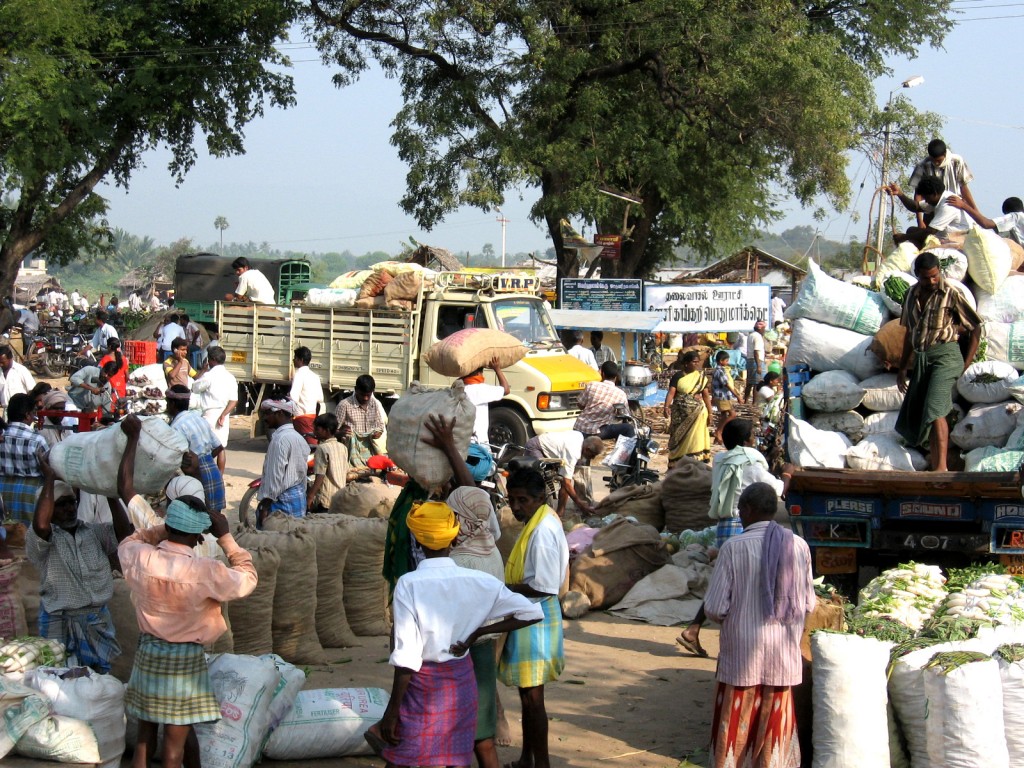
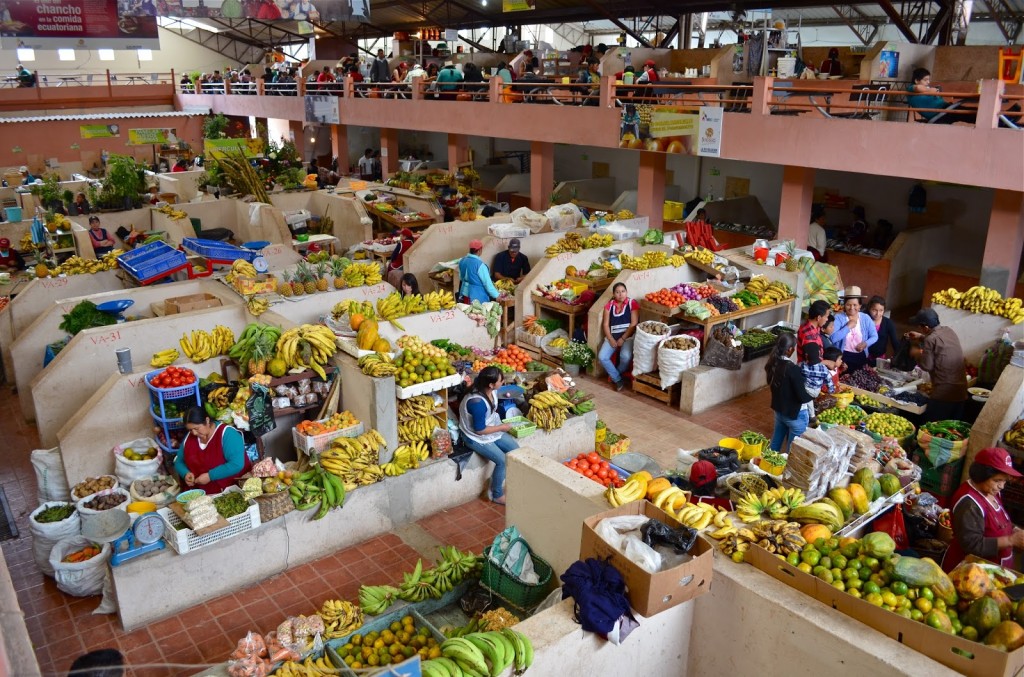
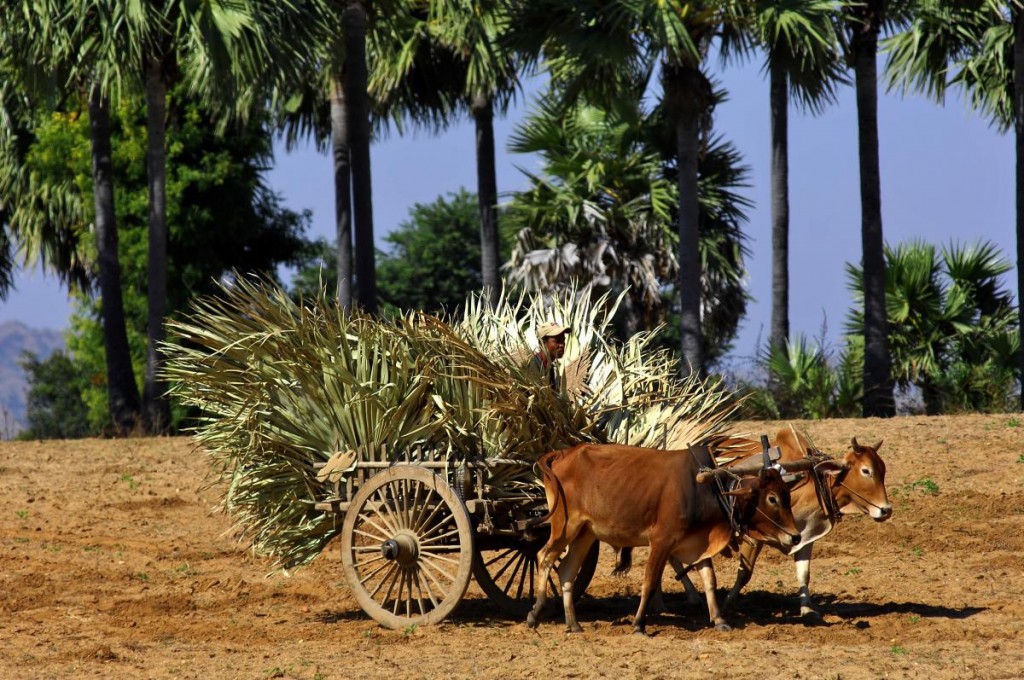

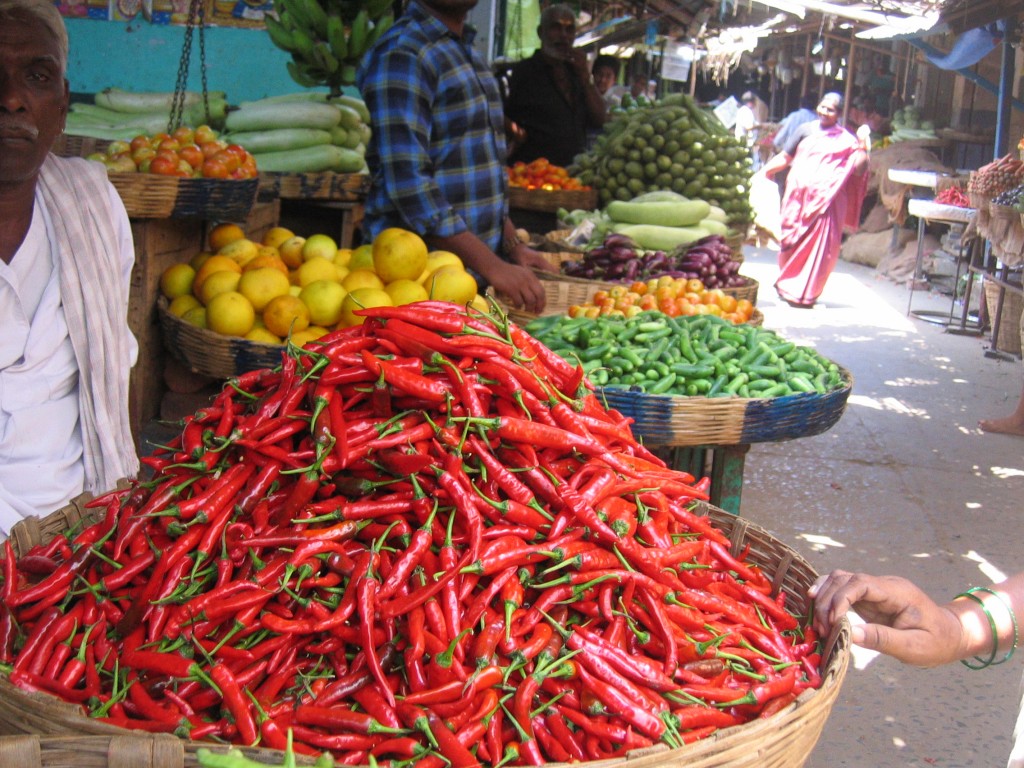
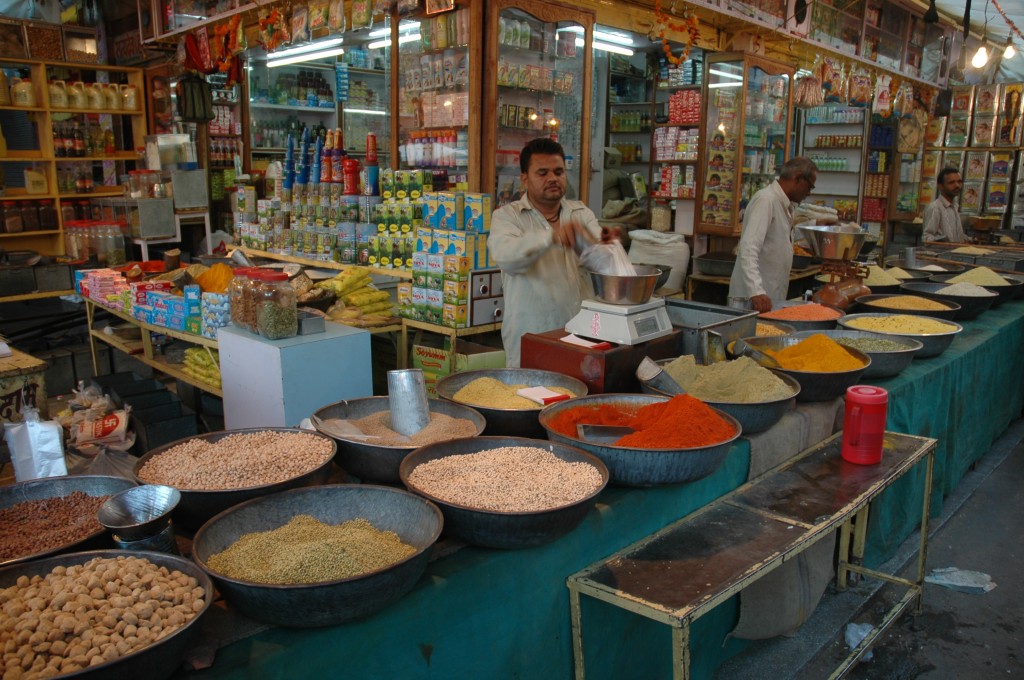

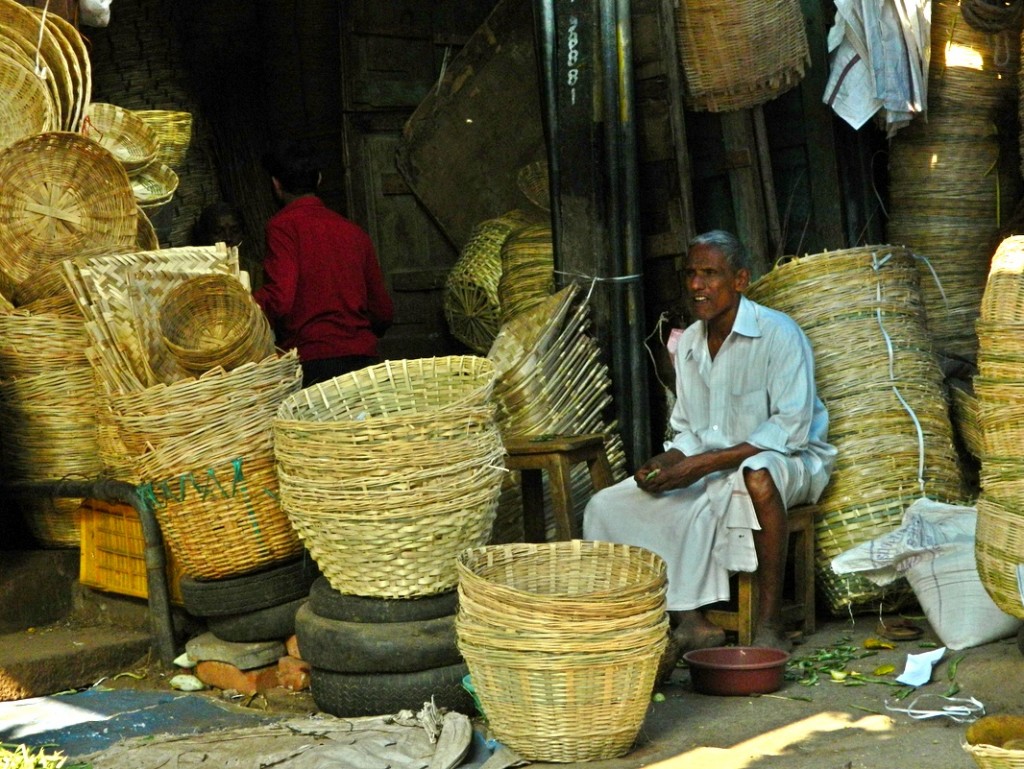
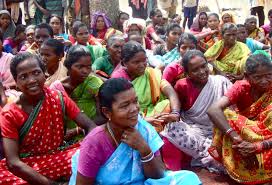

323 Comments